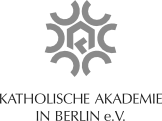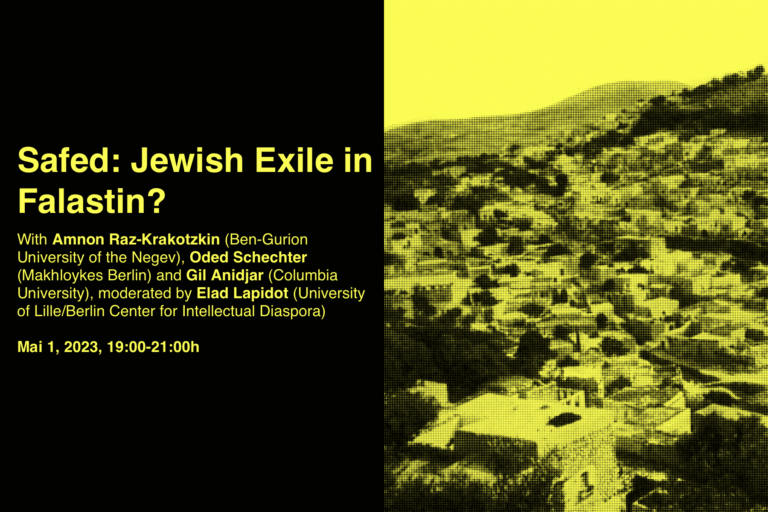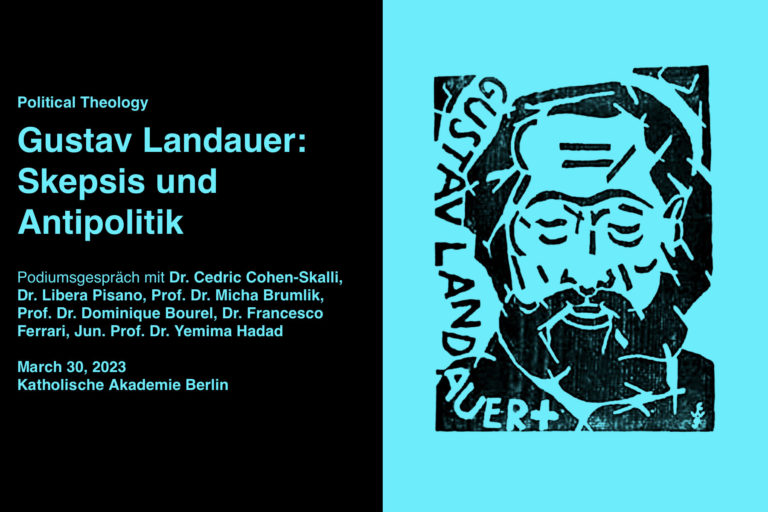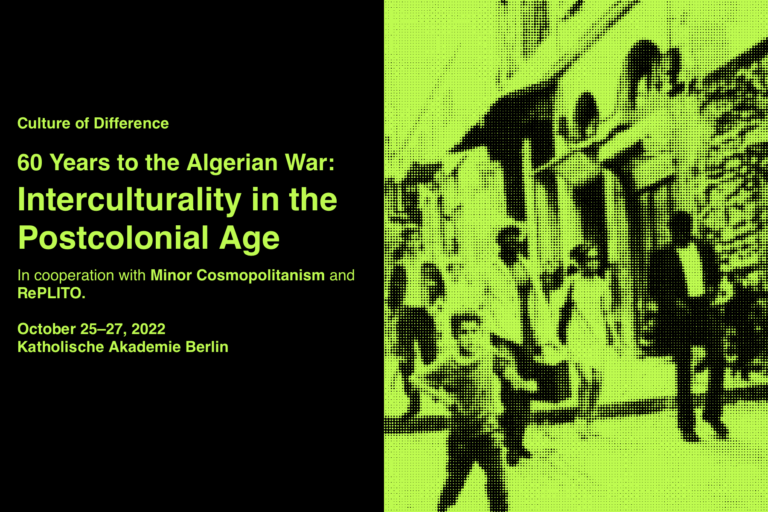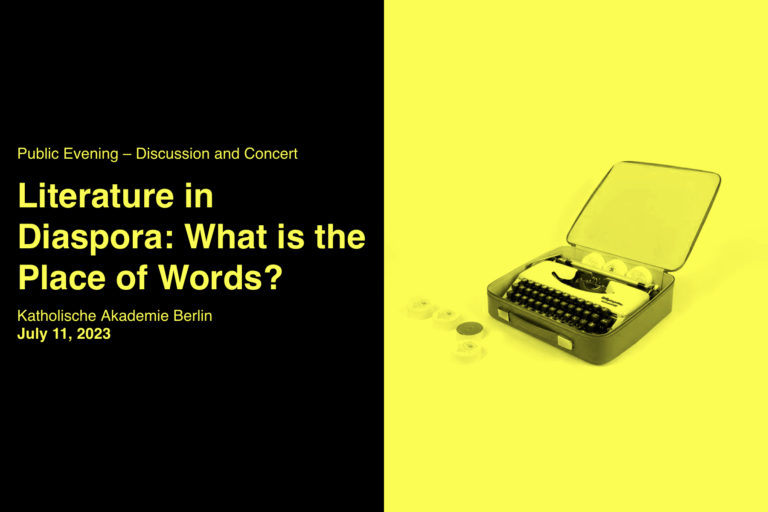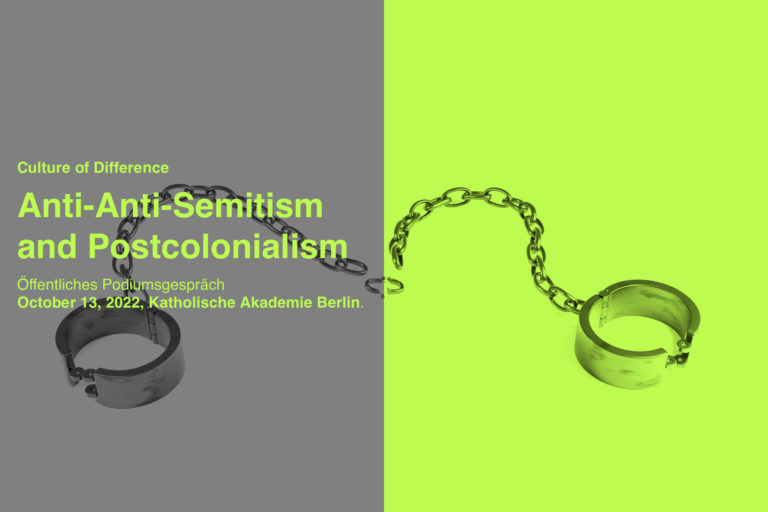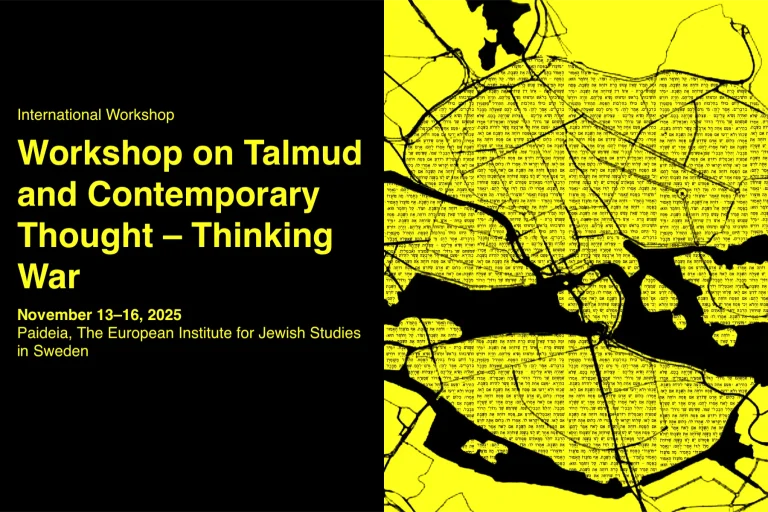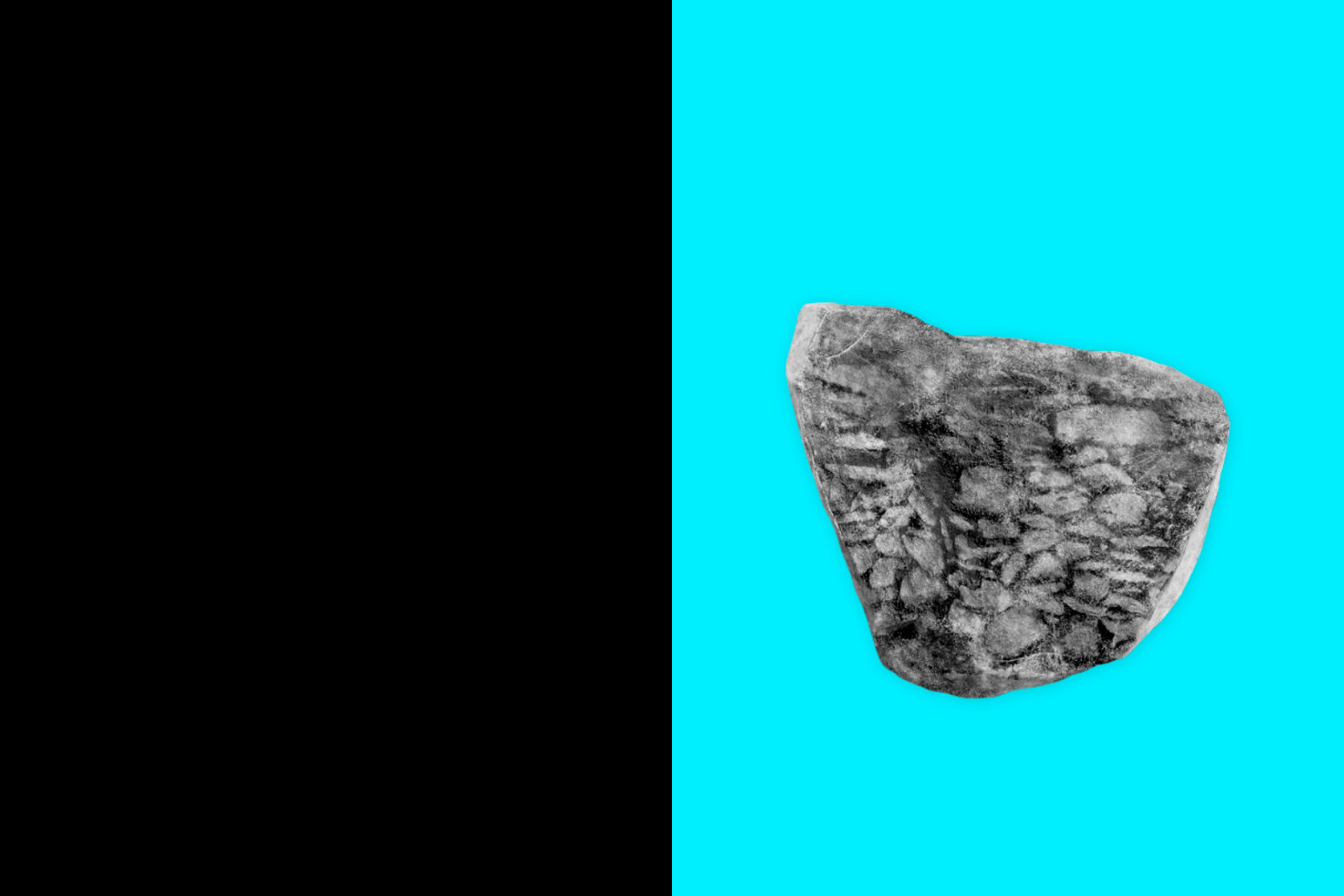
The Politics of Not Speaking
July 17, 2025, 18h to 19:30h
Berlin-Brandenburgische Akademie der Wissenschaften (BBAW)
Einstein-Saal
Image from the Cover “The Politics of Not Speaking”
The Politics of Not Speaking
Berlin-Brandenburgische Akademie der Wissenschaften (BBAW)
Einstein-Saal, Jägerstrasse 22-23, 10117 Berlin
July 17, 2025, 18h to 19:30h
According to a common conception, modern politics is based on speaking, on discussion and rational argumentation-on “logos.” In contrast, the philosopher Elad Lapidot’s new book, The Politics of Not Speaking, argues that politics is based not on speaking but on the suspension of conversation, on the break of rational discourse, on “logoclasm”-on politics of not speaking.
Elad Lapidot presents the notion of politics as logoclasm through readings of five canonic thinkers of the twentieth century: Carl Schmitt, Martin Heidegger, Frantz Fanon, Gayatri Spivak, and Jacques Derrida. Tracing the development of the politics of not speaking from the 1930s to the 1990s, he shows how the notion of logoclasm, the rupture of rational discussion, explains key notions in modern politics, such as sovereignty, law, the state, violence, war, race, colonialism, decolonization, and boycott, and sheds light on current debates concerning the Boycott, Divestment, Sanctions (BDS) movement and the Gaza war.
Elad Lapidot (University of Lille/Berlin Center for Intellectual Diaspora) will discuss ideas from his new book with the scholar of religion and literature Amir Engel (Humboldt University Berlin), the theologian and philosopher Jayne Svenungsson (University of Lund) and the philosopher Sami Khatib (Karlsruhe University of Arts and Design).
Organization
Amir Engel (HUJI/HU-Berlin)
Participants
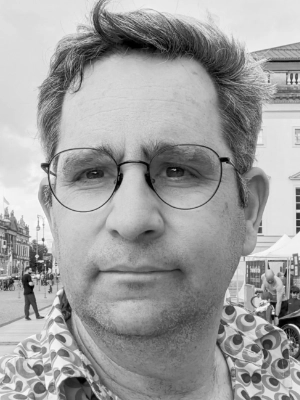
Amir Engel is a Professor at the German department at the Hebrew University of Jerusalem and currently also a visiting professor at the Faculty of Theology at Humboldt University in Berlin. He studied philosophy, literature, and culture studies at Hebrew University and completed his Ph.D. in the German studies department at Stanford University. He specializes in the nineteenth and twentieth centuries’ German, Jewish, and Christian cultural and intellectual history. His scholarship concerns the relation between aesthetics, modern Western spirituality, and politics.
His first book Gershom Scholem: an Intellectual Biography came out in 2017. He also published essays about Hannah Arendt, Paul Celan, Martin Buber, Jacob Taubes, Salomon Maimon, and others. His second book manuscript, temporarily titled The Politics of Spirituality: Jewish Mysticism, Christian Spirit, and the German Nation will be published next year.
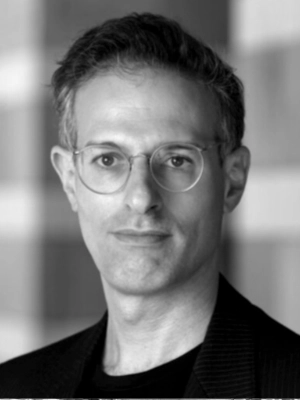
Sami Khatib is a professor of political and social aesthetics at the Karlsruhe University of Arts and Design. Most recently, he researched critical theory from the Global South at the German Orient Institute in Beirut. Since 2006, he has taught media philosophy, aesthetics, and art theory at several universities, including the American University of Beirut, the American University in Cairo, Leuphana University Lüneburg, the Academy of Fine Arts Vienna, and the Free University of Berlin. His research interests include critical theory, aesthetic theory, and continental philosophy.
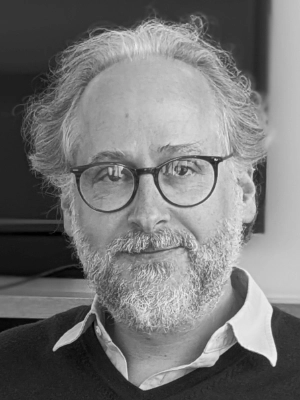
Elad Lapidot is Professor for Jewish Thought at the University of Lille. Holding a PhD in philosophy from the Paris Sorbonne university, he has taught philosophy, Jewish thought and Talmud at many universities, such as the University of Bern, Switzerland, and the Humboldt Universität and Freie Univeristät in Berlin. His work is guided by questions concerning the relation between knowledge and politics. Among his publications: State of Others. Levinas and Decolonial Israel (Indiana University Press, forthcoming 2025), Politics of Not Speaking (SUNY Press, forthcoming 2025), Jews Out of the Question. A Critique of Anti-Anti-Semitism (SUNY Press, 2020), Hebrew translation with introduction and commentary (with R. Bar) of Hegel’s Phänomenologie des Geistes, Vol. 1 (Resling, 2020), Heidegger and Jewish Thought. Difficult Others, edited with M. Brumlik (Rowman & Littlefield, 2018), and Etre sans mot dire : La logiqe de ‘Sein und Zeit’ (Zeta Books, 2010).
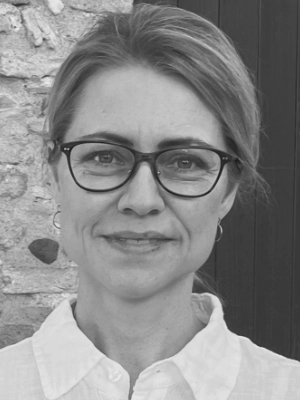
Jayne Svenungsson is Professor of Systematic Theology at Lund University in Sweden. Currently director of the multidisciplinary research program At the End of the World: A Transdisciplinary Approach to the Apocalyptic Imaginary in the Past and Present, her research focuses on political theology and philosophy of history. Her latest monograph is Divining History: Prophetism, Messianism and the Development of the Spirit (Berghahn, 2016). Co-edited volumes include Jewish Thought, Utopia and Revolution (Rodopi, 2014), Monument and Memory (LIT, 2015), Heidegger’s Black Notebooks and the Future of Theology (Palgrave, 2017) and The Ethos of History: Time and Responsibility (Berghahn, 2018).



